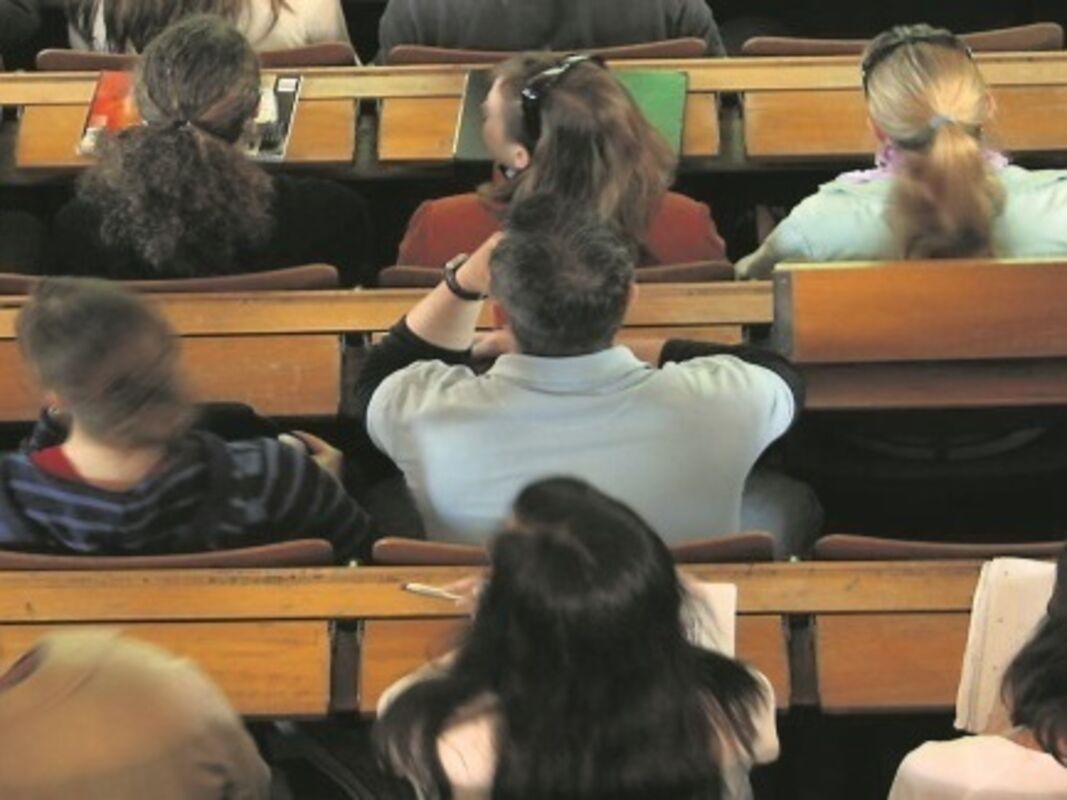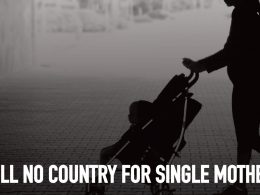By Finn McKenna
Human beings are social creatures. The meaning that we derive from life and the world is rooted in our interaction with our friends, our family, our peers, and society generally. As much as a truism and a cliché it is to say, the pandemic dislocated human connection and has caused immeasurable damage to every strata of society except the very wealthy. Young people were particularly affected.
Impact on university life
Rates of non-progression through university and college are rising and have been rising throughout the pandemic. Concurrent to the increased rates of drop-out, there is a sharp increase in demand for essential mental health services throughout third-level institutes. An Irish Times article published on the 28 May revealed:
“Psychological counsellors in Higher Education Ireland, a representative body for counselling services at third-level estimates that demand for services have climbed between 23% and 70% this year”
On the same day a separate article was published in which Treasa Fox, head of student counselling in Athlone, noted:
“The canteen was much quieter . There were fewer groups of students. Many attending lectures went straight home after class. Student societies struggled to keep students engaged.”
Both snippets reveal a negative transformation of universities; they’ve become emptier, less social, and the demand for contingency mental health services that is being cried out by students is not being met by colleges or the state.
Mental health professionals and college faculties have commented on how record numbers of students are presenting with anxiety, low mood and loneliness. This in large measure can be understood as an effect of the pandemic’s succession of lockdowns.
Growing precarity
It also speaks to the volatility in the world and how young people’s existence is more and more defined by a sharpening precarity. Young people are faced with no prospect of stable housing or job security, the expectation that a two-hour commute each way from college is par-for-the-course, and to top it all off, a world on fire set alight by capitalism.
The deepening alienation and mental health epidemic experienced by young people needs an emergency economic and social action plan, which would include:
- A major and rapid expansion of counselling services for all those who need it, free at the point of use.
- Making student accommodation accessible and affordable for all. Take private student accommodation complexes into public ownership, and provide public funds for more on-campus accommodation with genuinely affordable rents.
- Scrapping of college fees and the introduction of student grants for all.
Such measures must be implemented immediately. The mental health crisis is reflective of a deteriorating social and economic system with exploitation, oppression, and neglect at its root.
Young people’s social and interpersonal development is being hampered by capitalism in a thousand different respects. To bloom and leap forward, society must remove the chains of the profit-motive that weighs like a nightmare on the young.












